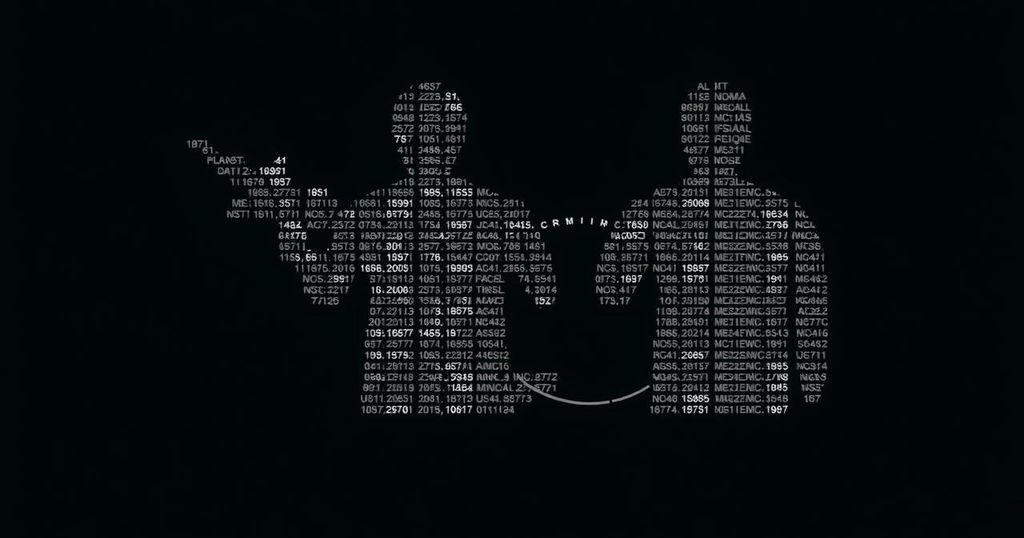Indonesia’s New Criminal Code: A Threat to Fundamental Rights

Human Rights Watch’s World Report 2023 highlights that Indonesia’s new criminal code endangers the rights of many, especially marginalized groups, by criminalizing consensual sex outside of marriage and expanding blasphemy laws. Critics, including Human Rights Watch, urge President Joko Widodo to prevent further erosion of freedoms. Legal challenges against the code’s provisions are anticipated as the global community calls for accountability in human rights.
The recently enacted criminal code in Indonesia poses significant threats to the fundamental rights of numerous citizens, particularly vulnerable groups such as women, members of the lesbian, gay, bisexual, and transgender (LGBT) community, and religious minorities, as highlighted by Human Rights Watch in their World Report 2023. The new legislation, passed on December 6, 2022, introduces severe restrictions on personal freedoms, including criminalizing consensual relations outside of marriage, thus infringing upon individual privacy rights. Moreover, the blasphemy laws have been expanded, introducing harsher penalties for acts deemed blasphemous, while apostasy has been criminalized for the first time. Elaine Pearson, Asia Director at Human Rights Watch, criticizes the code for enabling government overreach into personal and religious freedoms, stating, “The new Indonesian criminal code plays into the hands of government officials who want to curtail freedom of religion, privacy, and expression.” The report, now in its 33rd edition, underscores a global shift in responsibility for human rights advocacy, suggesting that all nations, irrespective of their size or influence, must be held accountable for upholding human rights. The transition period for the criminal code allows for potential legal challenges against its most contentious elements. Throughout the past year, incidents of harassment and intimidation of minority communities, particularly by Muslim groups, have surged, and the government’s inaction has left these groups without protection. Furthermore, the continued armed conflict in Papua and West Papua, exacerbated by restrictions on international observers, contributes to widespread human rights violations in these regions. Indonesia’s recent vote against discussing the human rights situation in China’s Xinjiang region at the United Nations illustrates its reticence to fully engage in global human rights advocacy. As the chair of the Association of Southeast Asian Nations (ASEAN), Indonesia is urged to take decisive action in addressing abuses committed by the military junta in Myanmar.
The new Indonesian criminal code signifies a serious concern regarding human rights within the country, amplifying the vulnerabilities of marginalized populations. The legislation has drawn widespread criticism due to its punitive measures that restrict personal liberties and violate privacy rights. Current societal trends indicate that this code will likely worsen the already precarious situation for religious and sexual minorities, as well as women in Indonesia. Political leaders and advocacy organizations are calling for urgent reforms and protective measures to ensure the safeguarding of fundamental rights.
In summary, Indonesia’s new criminal code threatens to undermine the basic rights and freedoms of its citizens, impacting particularly marginalized groups. The expansion of blasphemy laws, the criminalization of apostasy, and the intrusions into private lives constitute alarming steps backward in the protection of human rights. With Indonesia’s role as the chair of ASEAN, there lies a significant opportunity to champion human rights across the region. Advocacy against these reforms is critical to preventing the erosion of freedoms in Indonesia and beyond.
Original Source: www.hrw.org








